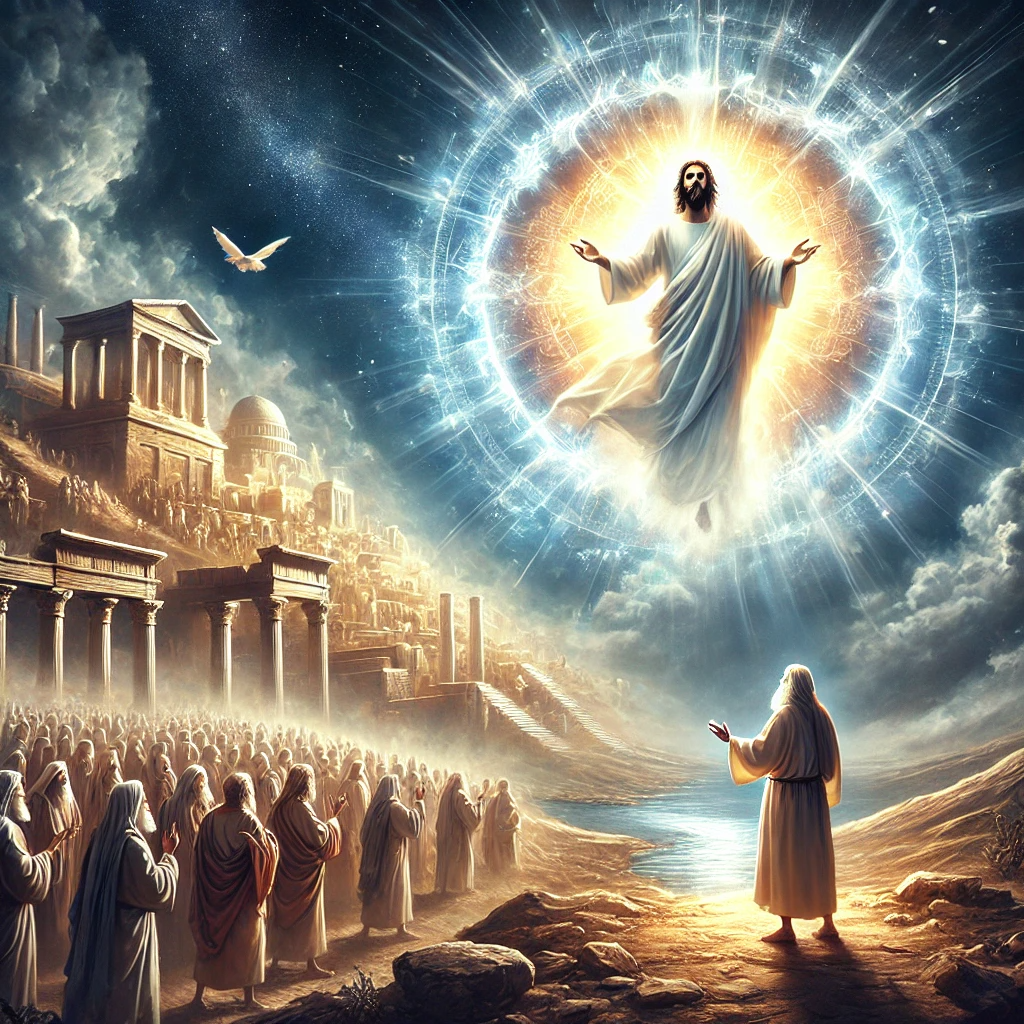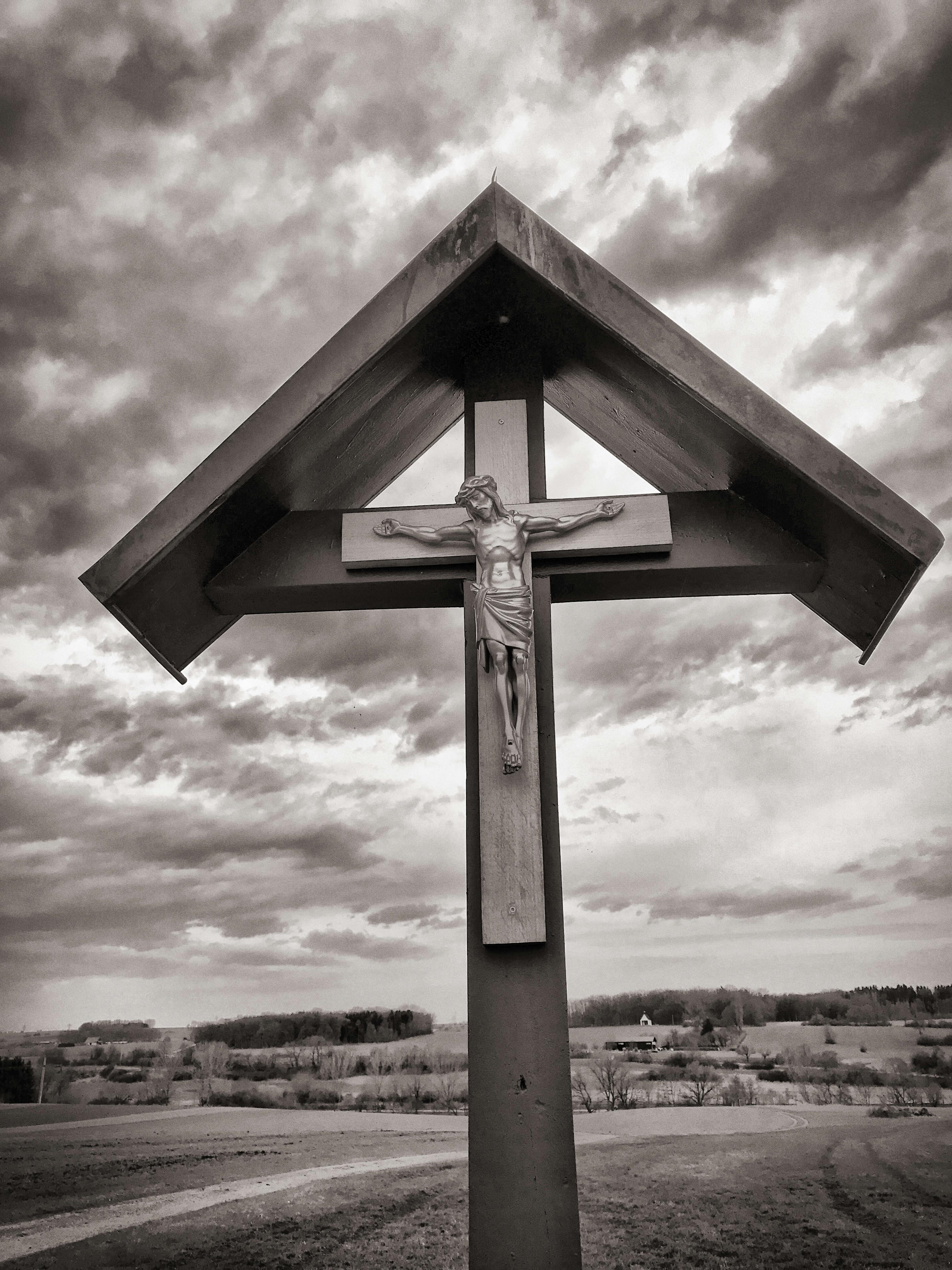Why Jesus Was Hailed as King on His Entry into Jerusalem
The event of Jesus’ triumphant entry into Jerusalem, known as Palm Sunday, holds deep significance in the Christian faith. It is a pivotal moment in the Gospels and marks the beginning of what is known as Holy Week - the week leading up to Jesus' death and resurrection. This entry, with people laying palm branches and their cloaks before Jesus, shouting "Hosanna to the Son of David," is a moment filled with both anticipation and deep prophetic meaning. But why did Jesus receive such a warm and celebratory welcome? Why was He hailed as King on that day, only to face betrayal, suffering, and crucifixion a few days later?
The Prophetic Fulfillment of Zechariah 9:9
To understand the significance of Jesus' entry into Jerusalem, we must first look to the Old Testament prophecies. The prophet Zechariah foretold the arrival of the King who would bring peace to the people of Israel. In Zechariah 9:9, it is written:
"Rejoice greatly, Daughter Zion!
Shout, Daughter Jerusalem!
See, your king comes to you,
righteous and victorious,
lowly and riding on a donkey,
on a colt, the foal of a donkey."
This prophecy was fulfilled on the day of Jesus’ entry into Jerusalem. By riding into the city on a donkey, Jesus symbolized peace, rather than the warhorse of a conquering king. The people of Jerusalem, particularly the Jewish crowds who gathered, recognized this as a fulfillment of Zechariah’s prophecy and hailed Jesus as the long-awaited Messiah and King. The donkey, in this context, was a symbol of humility, further emphasizing the peaceful nature of the kingdom that Jesus was establishing - one not based on force, but on love, humility, and sacrifice.
The Popular Expectation of a Political Messiah
The Jewish people had long been under Roman occupation, and many were eagerly awaiting a Messiah - a divinely anointed king who would deliver them from their oppressors and restore Israel’s glory. The crowds who lined the streets on Palm Sunday saw in Jesus the fulfillment of this hope. They shouted, “Hosanna to the Son of David!” The phrase “Son of David” was a royal title, acknowledging Jesus as the rightful heir to the throne of David, the great king of Israel.
The people were expecting a political or military leader who would overthrow the Roman authorities and restore the kingdom of Israel to its former glory. The waving of palm branches was also significant because palm branches were symbols of victory and kingship, often associated with Jewish festivals and celebrations. As the crowds cheered, they believed that Jesus would usher in a new era of freedom, peace, and prosperity for Israel.
However, the nature of Jesus' kingship was different from what they expected. Instead of a military victory, Jesus would bring victory over sin and death through His death and resurrection. The people’s shouts of praise were genuine, but they did not fully understand the type of kingdom Jesus was bringing.
Jesus’ Intentionality in His Actions
Jesus was fully aware of the implications of His actions. His decision to enter Jerusalem on a donkey was deliberate and symbolic. By choosing to fulfill the prophecy of Zechariah, Jesus was clearly declaring His identity as the Messiah. However, He also knew that His path to kingship would not be through conventional means. His mission was not to overthrow an earthly government, but to bring the Kingdom of God to earth, a kingdom characterized by justice, mercy, love, and eternal life.
In entering Jerusalem in this manner, Jesus was also confronting the religious leaders, the Roman authorities, and the people of Israel with the truth of His divine identity. His entry was a public declaration that He was the Messiah, but it was also a prophetic statement that His path to glory would lead through suffering, death, and ultimate resurrection.
The Rejection That Followed
Despite the joyful acclaim on Palm Sunday, the mood would quickly shift. Just days after His triumphal entry, many of the same people who hailed Jesus as King would call for His crucifixion. The crowds that shouted “Hosanna!” on Sunday would shout “Crucify Him!” by Friday. This stark contrast highlights the misunderstanding of Jesus’ true mission. Jesus did not come to establish an earthly kingdom in the way the people anticipated. Instead, He came to bring salvation to humanity, offering Himself as the perfect sacrifice for sin.
The religious leaders, threatened by Jesus’ growing popularity and His challenge to their authority, plotted to have Him arrested. The Roman authorities, fearing that Jesus might be seen as a threat to their control, allowed Him to be condemned. The rejection of Jesus as King by the people of Jerusalem was a reflection of their inability to recognize the nature of His kingdom.
The True Kingship of Jesus
Though Jesus’ earthly life was marked by rejection, His kingship would ultimately triumph through His resurrection. The crowds who welcomed Jesus as King on Palm Sunday may have had the wrong expectations, but Jesus’ death and resurrection would prove that His reign is not of this world. As He said to Pilate before His crucifixion, “My kingdom is not of this world” (John 18:36). Jesus is a King who reigns from the cross, a King whose victory over sin and death offers eternal life to all who believe in Him.
Palm Sunday is not just a story of celebration, but also a reminder of the profound mystery of Jesus' kingship. It is a call for us to recognize that Jesus is the King who came to serve, to save, and to bring about the Kingdom of God on earth. His kingdom is not one of political power or military conquest, but one of humility, peace, love, and sacrifice.
A King Who Comes in Peace
The triumphant entry of Jesus into Jerusalem was a moment of prophetic fulfillment, but it also pointed to the deeper truth of His mission. Jesus is the King who comes in peace, not through violence, but through sacrifice. The crowds’ joyous celebration of Jesus on Palm Sunday foreshadowed the ultimate victory He would win for humanity through His death and resurrection.
As we reflect on this event, let us remember that Jesus’ reign is not defined by earthly power, but by the power of love and grace. Jesus is our King, the King of our hearts, and He calls us to follow Him, not as conquerors, but as servants of His Kingdom. Just as He entered Jerusalem humbly on a donkey, He asks us to follow Him in humility and faith, trusting that His Kingdom will be established in our lives and in the world.





















